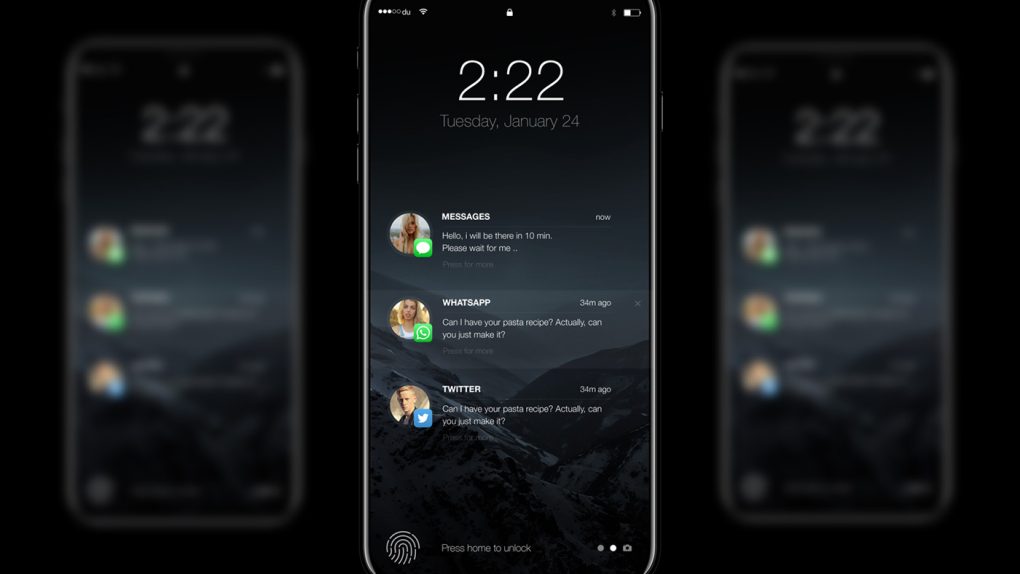It’s no secret that iPhone sales growth over the past few quarters has been somewhat tepid. In fact , 2016 marked the first year that Apple ever experienced a year over year decline in iPhone sales. And though the iPhone 7 has sold impressively well, even surprisingly so, it’s been a while since we’ve seen a brand new iPhone model truly push the needle.
The iPhone 8, however, is poised to change that. Said to feature an edgeless OLED display and an array of new features — including facial recognition and improved battery life — many analysts believe that the technological advancements offered up by the iPhone 8 will help anchor the largest iPhone refresh cycle in history. Of course, all of those advancements won’t come cheap, with some analysts anticipating that Apple’s next-gen iPhone will retail for a minimum of $1,000. As a point of reference, the entry-level iPhone 7 retails for $649 with the base level iPhone 7 Plus retailing for $769.
While a $1,000 sticker price might undoubtedly give many prospective buyers pause, Business Insider points us to a new research note from analyst Jeffery Kvall who argues that the actual price consumers will have to pay will be markedly lower because carriers will be eager to offer users “assertive promotions.”
Although carriers in recent years have leaned away from heavy subsidies, the iPhone 8, Kvall believes, will see carriers offer significant discounts if consumers are willing to sign up for long-term contracts.
BI adds:
But there’s a good chance that carriers like Verizon or T-Mobile will discount either the phone or a payment plan for the phone, which means that people may be able to get a deal on an iPhone 8 if they sign up for a long-term contract.
It’s worth noting that Apple, of all companies, wouldn’t be one to shy away from a $1,000 price point. Remember, Apple’s business strategy has always revolved around selling premium products at a premium price. What’s more, keep in mind that last year’s iPhone 7 Plus — with its dual camera scheme — was far more popular than even Apple executives had anticipated, underscoring the fact that many iPhone buyers are more than willing to spend a little bit more for premium features.
Price aside, it remains to be seen if the iPhone 8 will include a Touch ID sensor. While it was previously assumed that Apple figured out a way to embed the Touch ID sensor into the display itself, more recent reports indicate that Apple will instead rely upon facial recognition — via 3D camera sensors — for user identification and as a means to authenticate financial transactions.








